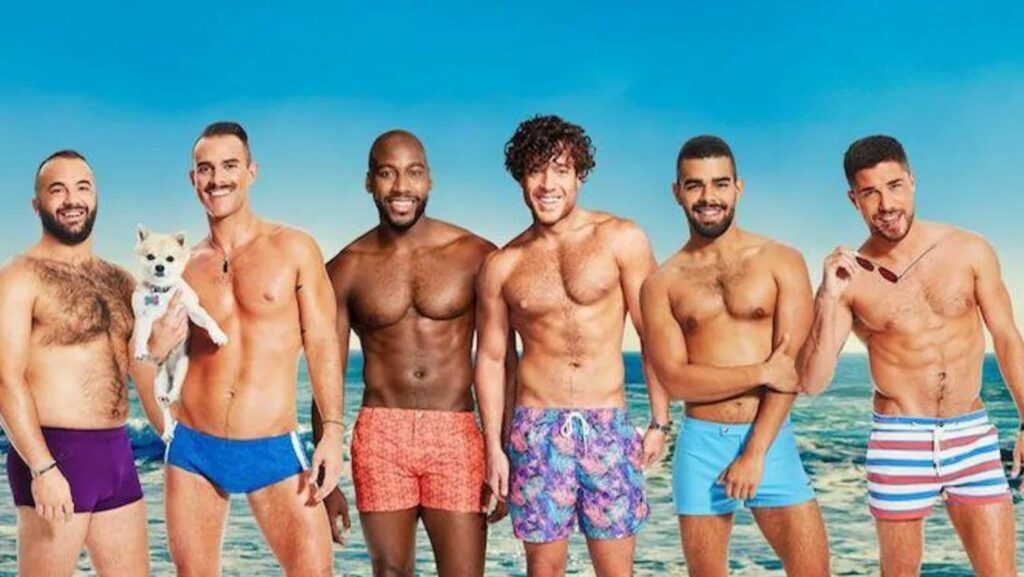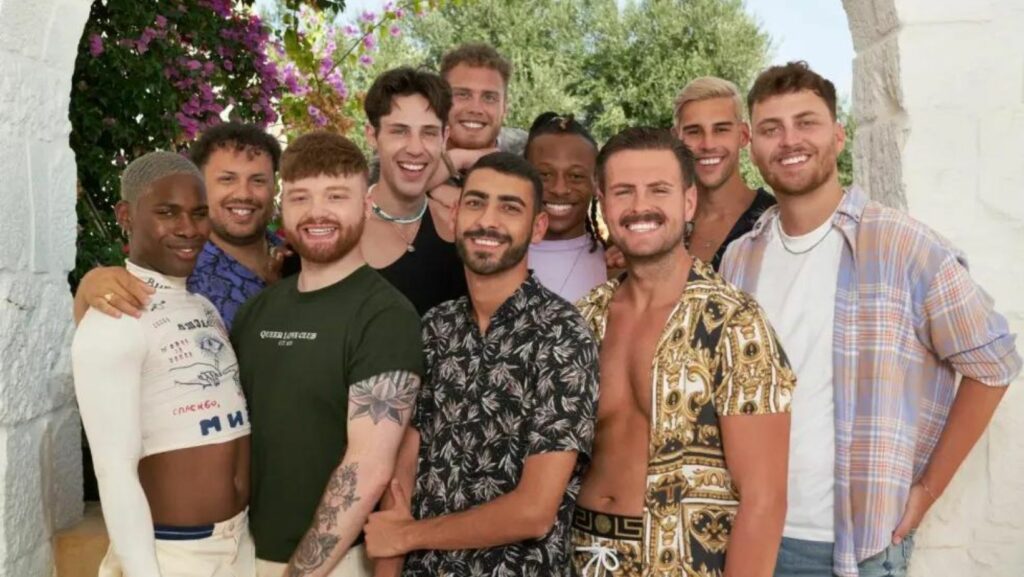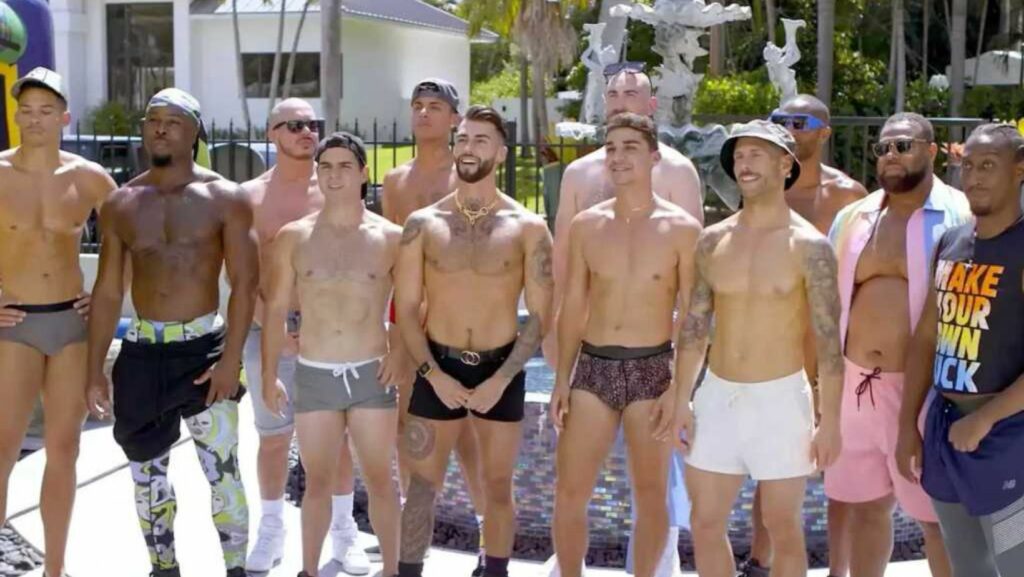Queer Reality TV Shows
As I delve into the world of queer reality TV shows, it becomes apparent that these programs offer a unique and diverse representation of LGBTQ+ individuals. From showcasing personal journeys to highlighting various challenges faced by the community, these shows bring forth a range of narratives that resonate with audiences worldwide.

One cannot overlook the impact of queer reality TV shows in breaking stereotypes and fostering greater acceptance and understanding. By putting queer individuals at the forefront, these shows challenge societal norms and provide a platform for authentic storytelling. Through moments of vulnerability, triumph, and self-discovery, viewers are invited to see beyond labels and embrace the richness of human experience.
In an era where representation matters more than ever, queer reality TV shows serves as a powerful tool for advocacy and visibility. By offering a glimpse into the lives of LGBTQ+ individuals navigating relationships, careers, and personal growth, these shows not only entertain but also educate and empower audiences to embrace diversity in all its forms.
Emergence of Queer Reality TV Shows
Queer reality TV shows have progressively carved out a significant space in the television landscape, reflecting a growing societal acceptance and celebration of diverse sexual orientations and gender identities. These shows are not only entertaining but also serve as powerful platforms for LGBTQ+ representation and visibility. With the rise of streaming services and digital media, the emergence of queer reality TV has provided opportunities for authentic storytelling and increased inclusivity.

Key Points:
- Diverse Storytelling: Queer reality TV shows offer a platform for individuals to share their unique experiences, challenges, and triumphs within the LGBTQ+ community.
- Mainstream Recognition: The success of shows like RuPaul’s Drag Race has brought queer culture into mainstream pop culture, paving the way for more diverse representations on television.
- Impactful Narratives: By showcasing a wide range of identities and perspectives, these shows challenge stereotypes and promote understanding and empathy among viewers.
As networks continue to diversify their programming to reflect the richness of human experience, we can expect to see even more innovative and inclusive queer reality TV content in the future. This evolution not only entertains audiences but also plays a crucial role in shaping attitudes towards LGBTQ+ individuals in society.
Feel free to reach out if you need further information or details on this exciting topic!
Evolution of Queer Representation on Television
Exploring the journey of QUEER representation on television unveils a transformative narrative that showcases societal shifts and evolving perspectives. Decades ago, LGBTQ+ characters were often relegated to stereotypical roles or portrayed as comedic relief, lacking depth and authenticity. However, in recent years, there has been a noticeable shift towards more nuanced and multifaceted portrayals of queer individuals across various TV genres.

- Increased Visibility: The emergence of reality TV shows featuring QUEER participants has played a pivotal role in increasing visibility and acceptance. Programs like “RuPaul’s Drag Race” have not only entertained audiences but also provided a platform for QUEER performers to showcase their talent and share their stories with the world.
- Breaking Stereotypes: These shows have shattered stereotypes by highlighting the diversity within the LGBTQ+ community. Through personal narratives, struggles, triumphs, and relationships depicted on screen, viewers are exposed to a spectrum of experiences that challenge preconceived notions and promote empathy.
- Educational Impact: Beyond entertainment value, these reality TV shows have served as educational tools, fostering understanding and awareness about LGBTQ+ issues. By addressing topics such as coming out, gender identity, discrimination, and resilience in a mainstream context, they have fostered important conversations and contributed to societal progress.
As we witness an evolution in QUEER representation on television through reality programming, it is evident that these shows serve as more than just entertainment—they are catalysts for social change by amplifying voices that have historically been marginalized. This positive trend not only enriches the media landscape but also fosters inclusivity and acceptance in society at large.
As I reflect on the landscape of queer reality TV shows, it’s evident that these programs have made significant strides in representing diverse LGBTQ+ narratives. From showcasing coming out stories to exploring relationships and identities, these shows have become a platform for visibility and acceptance.

